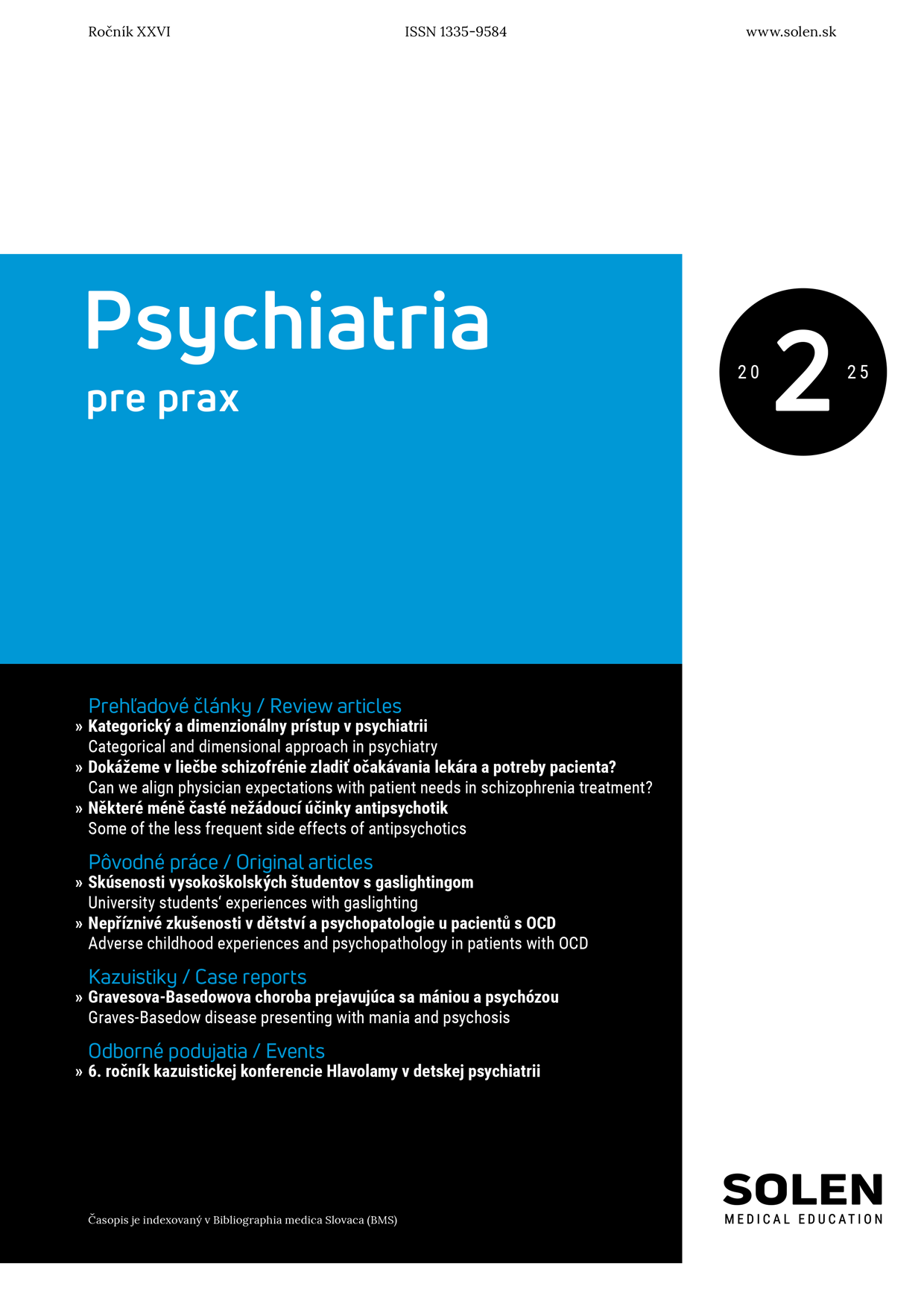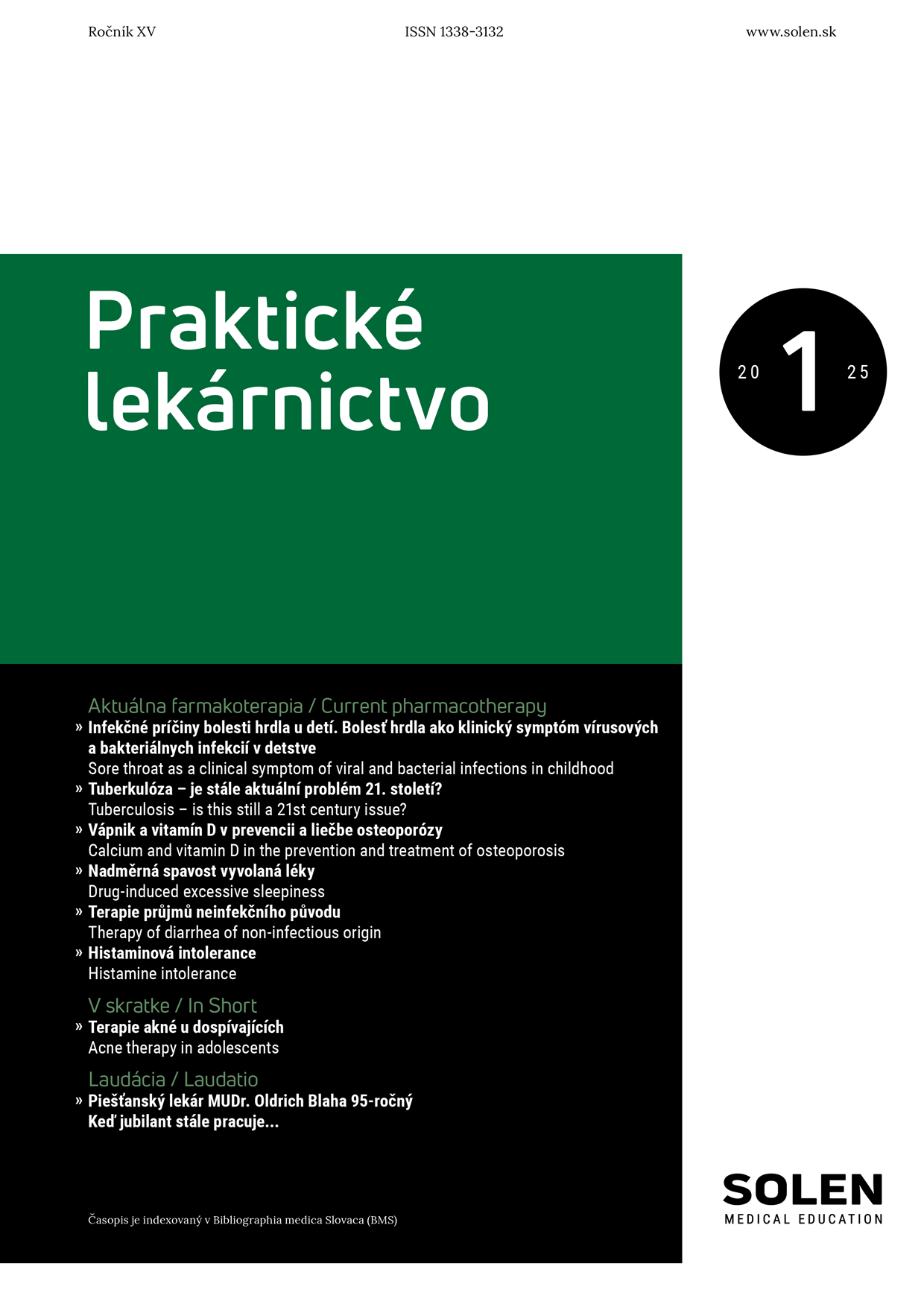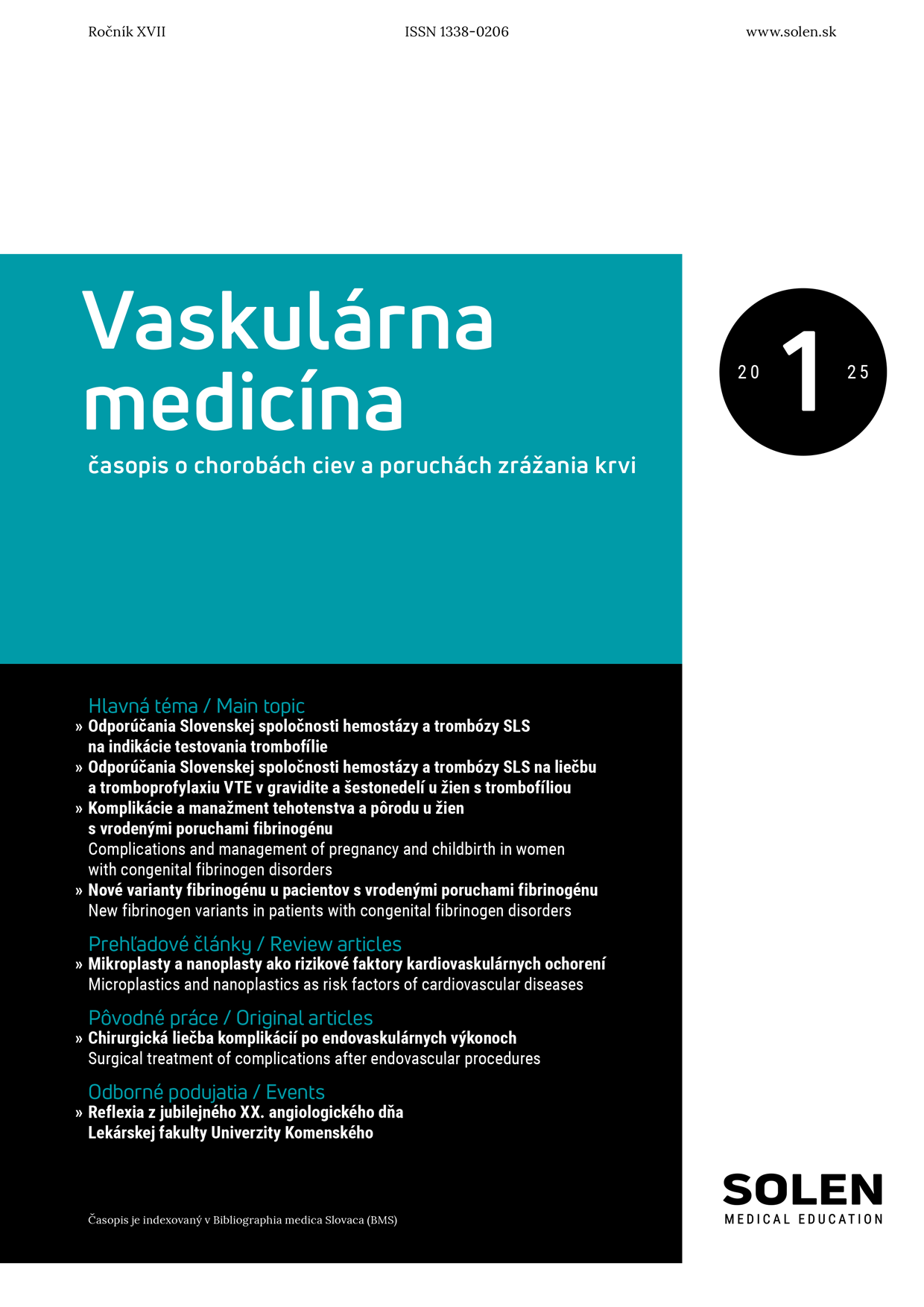Onkológia 6/2015
Managed hypertensive crisis induced by bevacizumab in patient with metastatic lung adenocarcinoma
Purpose and objective: The aim of the casuistry is to present a case report of a patient with metastatic lung adenocarcinoma and describe the successful management of hypertensive crisis, which is one of the most common cardiovascular complications of bevacizumab therapy. Casuistry: We describe 82-year old patient with lung adenocarcinoma verified by cytology of fluidothorax. Patient started chemotherapy in the scheme of carboplatin + paclitaxel with addition of bevacizumab since the third cycle. We provided a CT-scan which described partial tumour regression after six cycles of chemotherapy and four cycles of bevacizumab. Before the first cycle of maintenance therapy with bevacizumab patient overcame hypertensive crisis with neurological symptomatology which reacted positively to standard antihypertensives added to the therapy. After the stabilization we continued oncological treatment until disease progression and postchemotherapeutic ischemic colitis occurrence. Conclusion: Arterial hypertension is a common adverse effect of treatment with VEGF inhibitors. Considering the fact that the hypertension may occur at any time during the treatment with bevacizumab, blood pressure should be measured before, during and after the infusion. This side effect is reversible. On the basis of several case studies a positive association between arterial hypertension and prolonged survival in cancer patients has been found, as a difference from those without arterial hypertension during the treatment. Antihypertensive treatment does not reduce the antitumor effect of bevacizumab treatment.
Keywords: non-small cell lung cancer, arterial hypertension, bevacizumab.


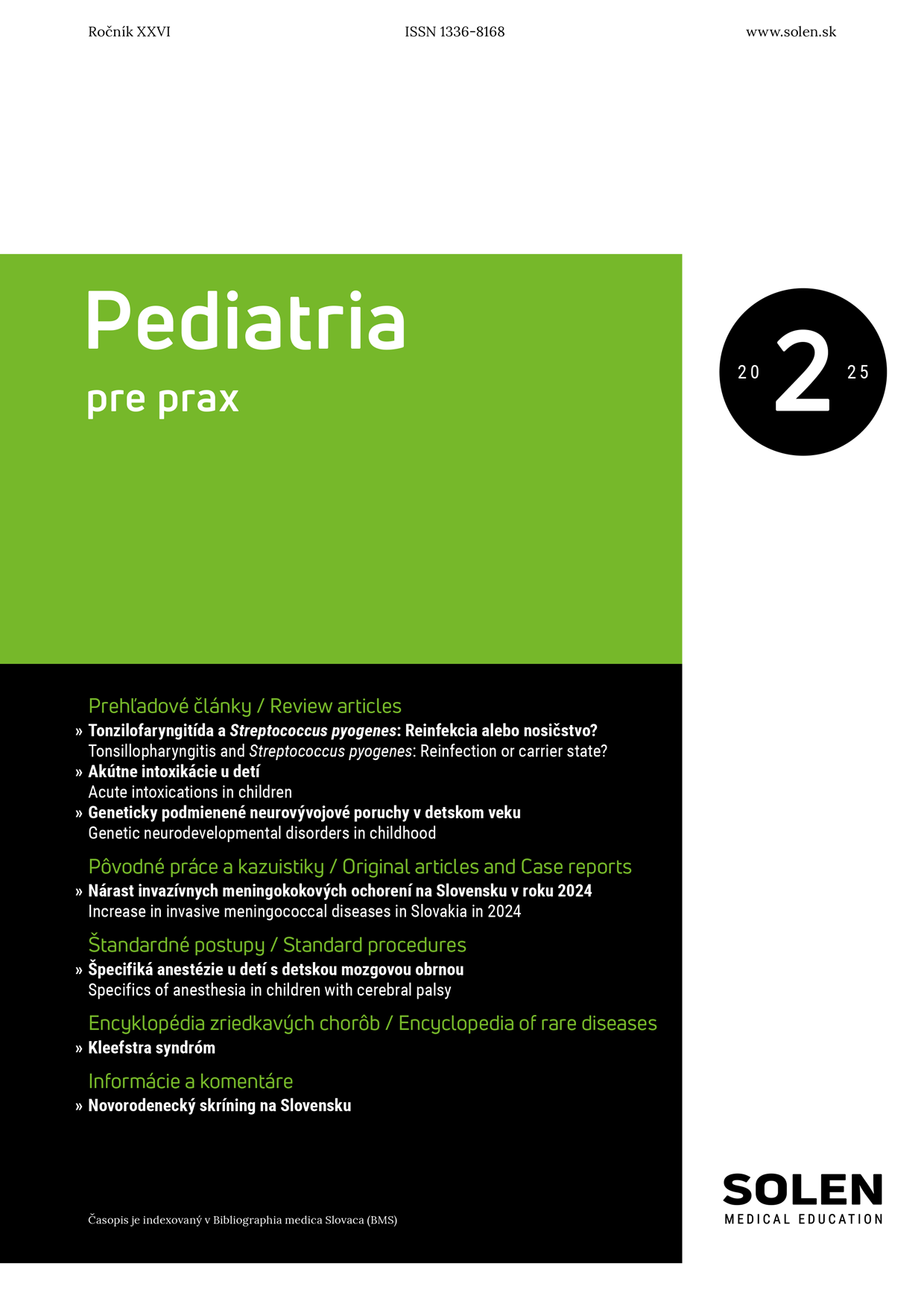
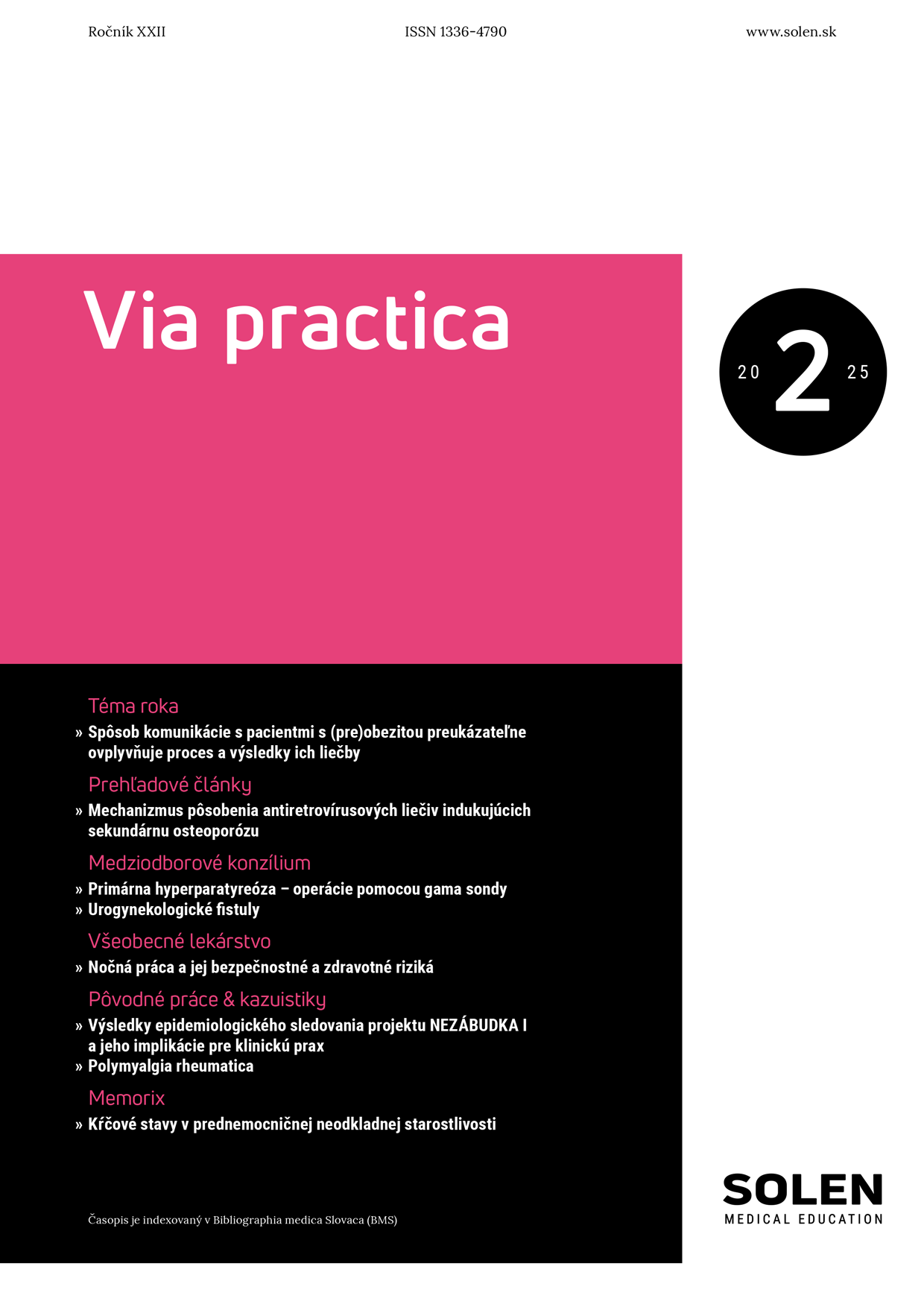
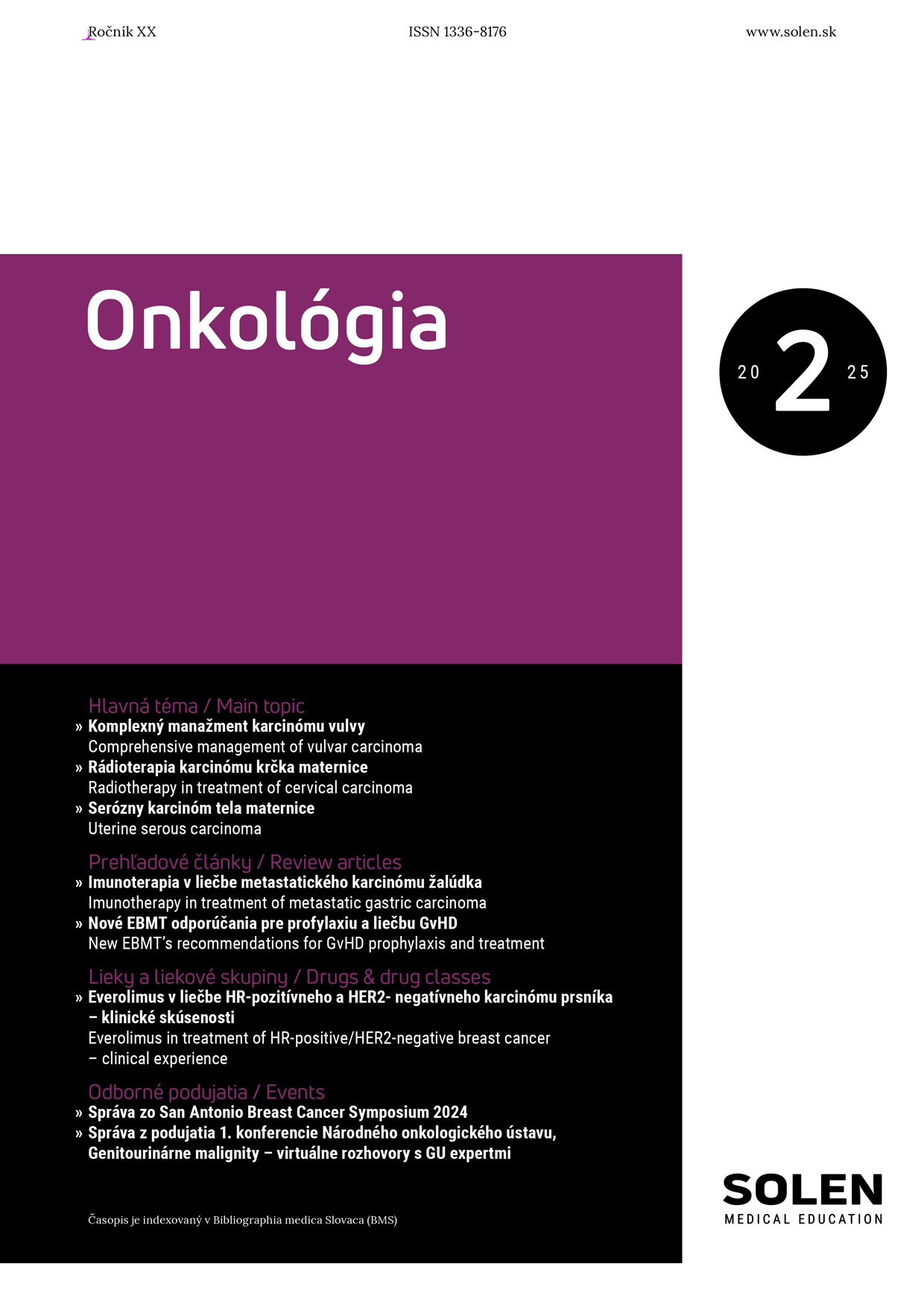
-1.png)
